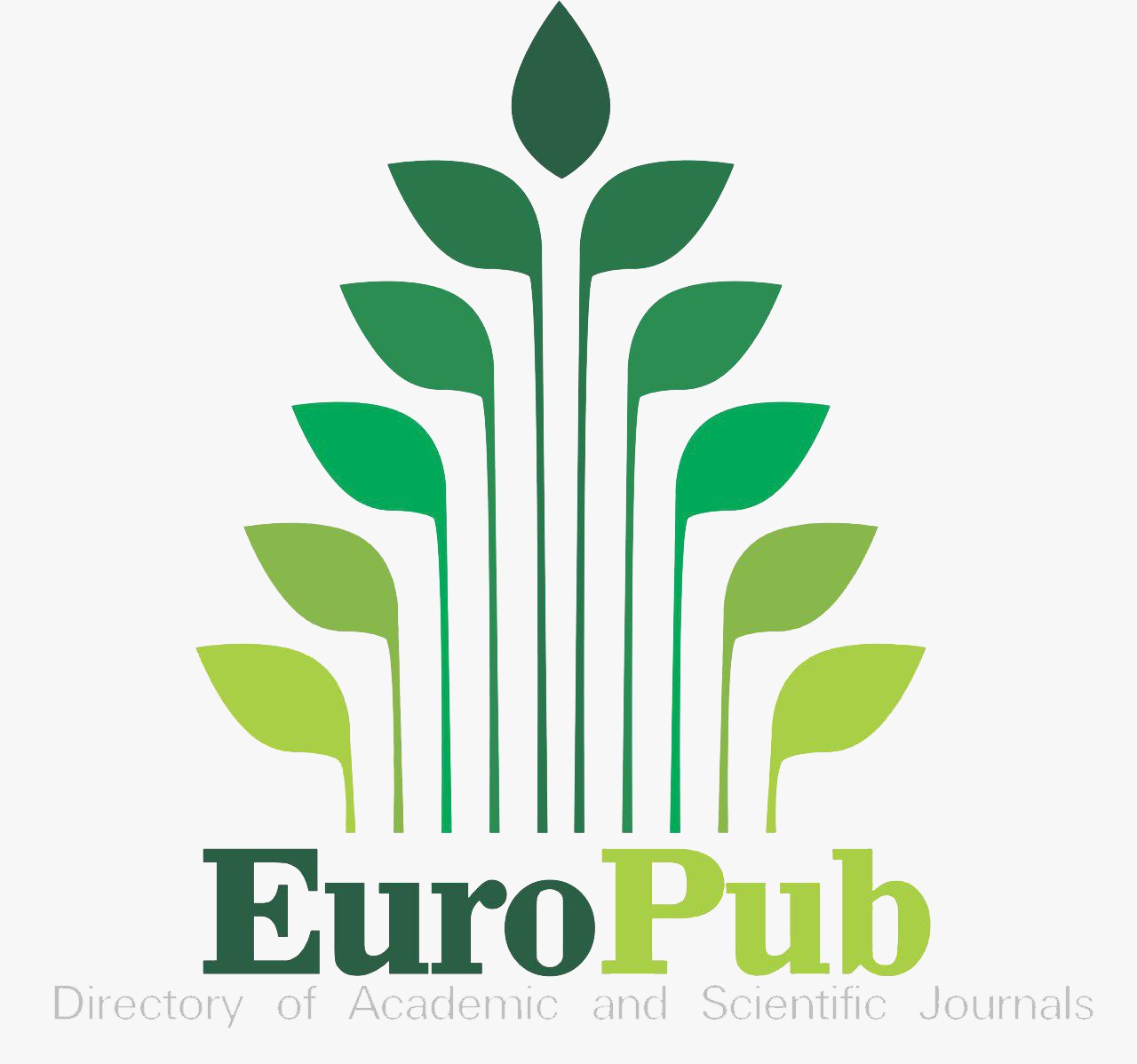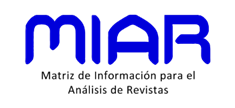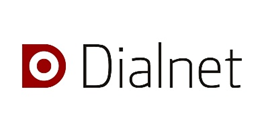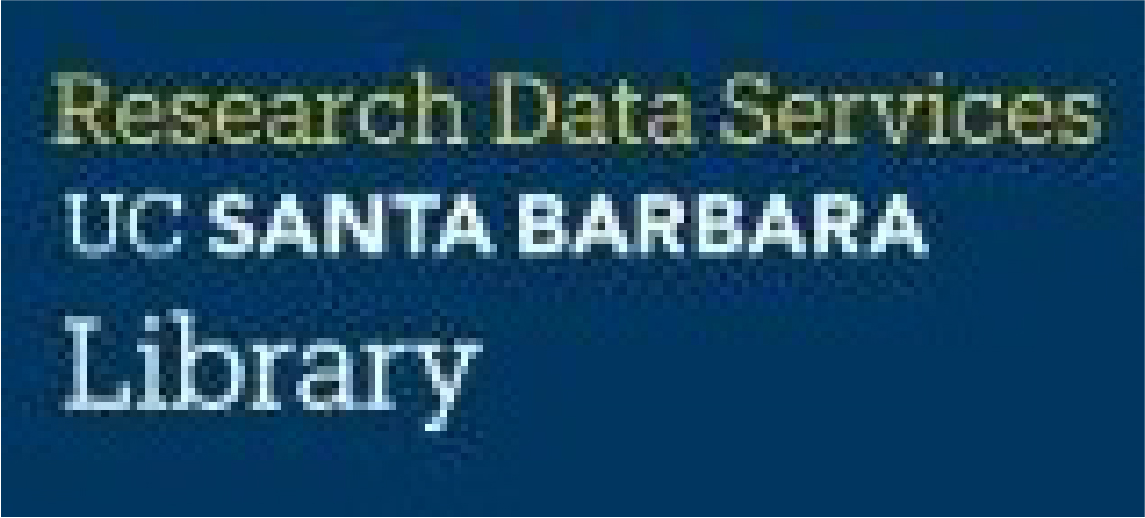ARTIFICIAL INTELLIGENCE AS A MEDIATING PEDAGOGICAL RESOURCE IN THE TEACHING PROCESS IN THE CONTEXT OF COLOMBIAN EDUCATIONAL INSTITUTIONS
DOI:
https://doi.org/10.56219/dialctica.v1i26.4405Keywords:
artificial intelligence, pedagogical resource, mediation, teaching processAbstract
Today, technology has permeated most social, cultural, and educational processes, among others, and one of the aspects that has currently stood out the most is artificial intelligence. It is reflected today as a reality that underscores the need to rethink how to adapt to technological advances in education, where this generative model of language is sometimes seen as content, but at other times, understood as a pedagogical resource. The latter is the essence that occupies the attention of this scientific essay, which is why its purpose is to reflect on the implications of artificial intelligence as a pedagogical resource mediating the teaching process, especially in the context of Colombian educational institutions. Therefore, the orientation of documentary analysis was pertinent here as a way that facilitated the authors' approach to the necessary foundation that supports the different arguments developed below. Finally, this article concludes the importance of understanding and including artificial intelligence in teacher training and education processes, aiming to humanize intelligence. This will provide the educational community with knowledge and experience related to the management of prompts that can guarantee their practical effectiveness in the training field.
Downloads
References
Acosta, David. (2022). Nativos digitales: entre mitos y competencias. Bogotá: Corporación Univeritaria UNITEC
Burstein, Jill, Elliot, Norbert y Molloy, Hillary. (2016). Evaluación automatizada de textos desde la perspectiva del género: dos estudios. CALICO Journal, 33(1), 117-141. https://utppublishing.com/doi/10.1558/cj.v33i1.26374 DOI: https://doi.org/10.1558/cj.v33i1.26374
Díaz, Ángel. (2022). Reinventar la docencia, una tarea para el siglo XXI. La didáctica ante la sobre estimulación de los sujetos de la educación. En: A. Díaz-Barriga (Coord.), Docente y didáctica. Acercamientos polémicos [1ª Ed.], pp. 35-66. México: Universidad Nacional Autónoma de México, Instituto de Investigaciones sobre la Universidad y la Educación
Ferrini, Rita. (2006). Hacia una educación personalizada. México: Limusa
Giannini, Stefania. (2023). La IA generativa y el futuro de la educación. UNESCO, pp. 1-9. https://unesdoc.unesco.org/ark:/48223/pf0000385877_spa
Ministerio de Educación Nacional. (2017). Plan Nacional Decenal de Educación 2016-2026. El camino hacia la calidad y la equidad. Colombia: Ministerio de Educación Nacional. https://www.mineducacion.gov.co/1780/articles-392871_recurso_1.pdf
Ministerio de Tecnologías de la Información y la Comunicación (MINTIC). (2023). Estrategia Nacional Digital de Colombia 2023-2026. https://www.mintic.gov.co/portal/715/articles-334120_recurso_1.pdf
Rueda, Rocío y Uribe, Alejandro. (2022). Cibercultura y educación en Latinoamérica. Folios, (56), 205-218. https://revistas.upn.edu.co/index.php/RF/article/view/17013
Tuomi, Illka, Punie, Yves, Vuorukari, Riina y Cabrera, Marcelino. (2018). The Impact of Artificial Intelligence on Learning, Teaching, and Education (JRC Science for Policy Report). https://op.europa.eu/en/publication-detail/-/publication/5cb8eee3-e888-11e8-b690-01aa75ed71a1/language-en
UNESCO. (2024). El uso de la IA en educación: decidir el futuro que queremos. https://www.unesco.org/es/articles/el-uso-de-la-ia-en-la-educacion-decidir-el-futuro-que-queremos
Downloads
Published
How to Cite
Issue
Section
License

This work is licensed under a Creative Commons Attribution-NonCommercial-ShareAlike 4.0 International License.
La revista Dialéctica conserva los derechos patrimoniales (copyright) de las obras publicadas, que favorece y permite la reutilización de los mismos bajo la licencia Creative Commons Atribución-NoComercial-CompartirIgual 4.0 , por lo cual se pueden copiar, usar, difundir, transmitir y exponer públicamente, siempre que se cite la autoría y fuente original de su publicación (revista, editorial, URL y DOI de la obra), no se usen para fines comerciales u onerosos y se mencione la existencia y especificaciones de esta licencia de uso. Si remezcla, transforma o crea a partir del material, debe distribuir su contribución bajo la misma licencia del original.















